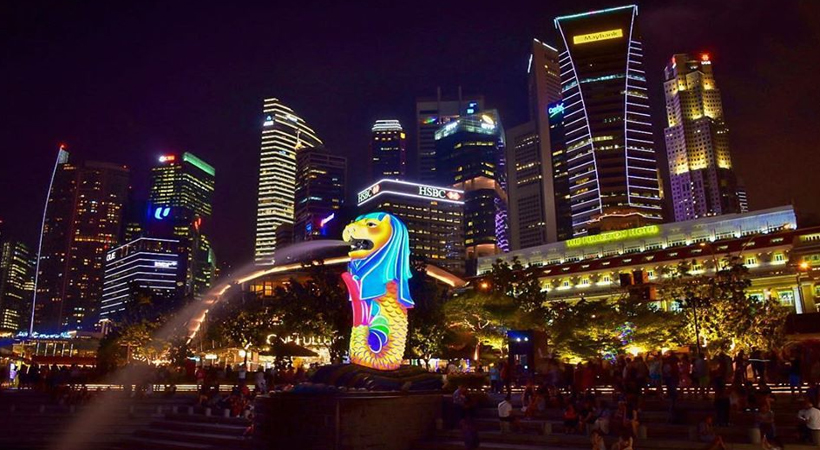Singapore Tourism looks to expand its green lane arrangement

Singapore is seeking to open the door to a wider range of business and leisure visitors to boost its hard-hit tourism sector, with the return of mass travel still a long way off amid the pandemic, according to the head of the country’s tourism agency.
The industry expects more job losses in the coming months once existing government support for rent, taxes and salaries starts tapering off, Keith Tan, chief executive officer of the Singapore Tourism Board said in an interview with Bloomberg Television’s Haslinda Amin. Job losses so far in the sector have been in the “very low thousands,” he said.
“Whether it is a broader range of business visitors or, for example, small groups of tightly controlled leisure visitors, all these are being considered and are on the table,” said Tan. He added the tourism board is discussing with the government to expand green lane arrangements, now in place with Malaysia and China, to a broader range of visitors.
Singapore’s travel-related sectors, which contribute about 4% of its gross domestic product, is grappling with what could be the city-state’s worst recession wrought by the coronavirus pandemic, says Bloomberg. Retail sales plunged by more than 50% in May from a year earlier, with outlets trying to woo tourists in areas like the Orchard Road shopping strip particularly hard-hit.
The country’s borders remain largely shut to external arrivals. Visits in June reached 2,200, down from 1.6 million in the same month last year. The green lane travel arrangements currently only allow for business and official travel, subject to testing.
The government has launched a domestic travel campaign to support the industry, though local demand won’t fill the hole left by the absence of international visitors, Tan said in his interview with Bloomberg. These travellers contributed to almost S$28 billion ($20.4 billion) in tourism receipts last year.
“It will be a long while more before mass travel can resume and that ultimately stems from consumer confidence,” said the tourism chief, who added a vaccine or effective therapies are needed to combat the “fear and anxiety” many people have, even about stepping onto an airplane.
Worldwide, the industry is expected to lose $3.3 trillion if the collapse of global leisure travel persists until March, according to the United Nations Conference on Trade and Development last month.






